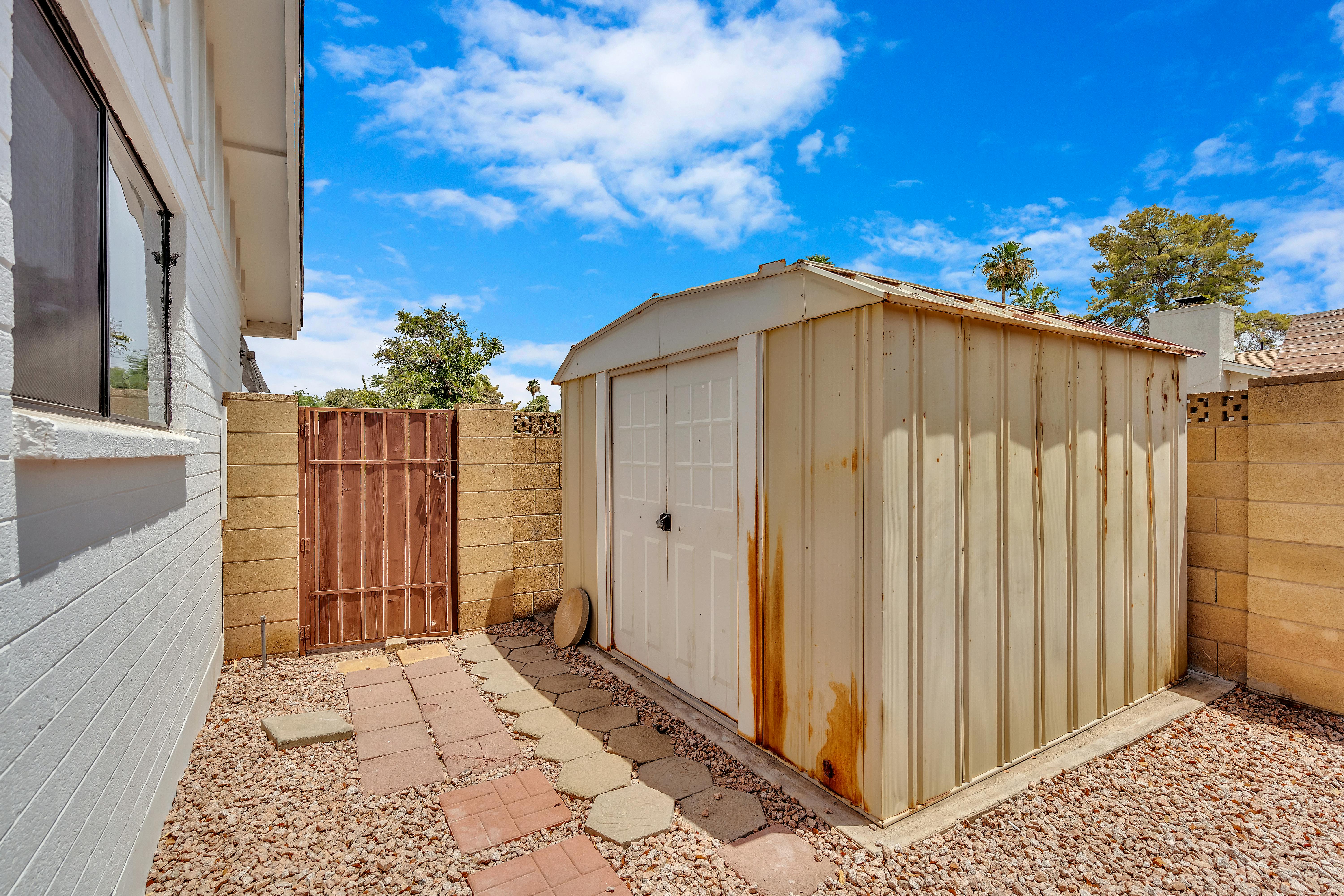It’s getting chilly in Colorado: time to prepare for winter (helpful tips and don’t forget)
In Colorado, we have more sunny days per year than in San Diego. Our RV season is actually a little longer than you think. I wouldn’t say the winters are brutal, but we do get our share of snow in the lowlands. We have a popular saying in Colorado; if you don’t like the weather, wait 24 hours, it will change. I have seen frost on the ground since September 1st and have enjoyed an 80 degree January day. We have been RVing in Colorado through Thanksgiving and into mid-March. Even when it snows, you can almost always count on a sunny day within a day or two. Colorado has seen one of the coldest and wettest summers on record this year. It’s only August and temperatures are dipping into the 40s and 50s at night. Not the norm for this time of year. So we know that our winterization weekend is just around the corner.
Here’s the list we use at the end of each season and again after we’ve settled on a good weekend: a spontaneous winter getaway trip to our favorite local state park. Since we park and store our RV at our home in an unheated, open area, we need to do a full winterization on the rig. Your winterization list will vary depending on where you can store your RV.
Denver is at 5,280 feet, one mile above sea level. The sun can not only be intense in the summer, the winter sun is just as powerful. With the varied temperatures and abundance of sunshine in fall and winter, consider protecting your deck from UV rays that can damage your exterior by investing in a good RV or trailer cover. Breathable and water repellent. You will not regret the investment.
- The first thing we do before we winterize it is give our trailer a good wash. This gives us the opportunity to check all the seals, seams, vents, and window coverings. We also unfold the awning and give it a good cleaning and inspection. Wait until your awning is completely dry (top and bottom) before rolling it up. I take advantage of this time to also clean the screens and crystals inside. A good vacuum is essential. You never know what could be lurking under the cushions or in and around the mattress. I once found a half-eaten PB&J left behind by one of the grandchildren. A good winter snack for passerby pests. Even the smallest cookie crumbs can be a feast for an ant family. I vacuum everything from top to bottom, all closets and storage areas.
- Sun is intense at 5280, close window shades while in storage; keep the sun from fading inside. (We also keep our blinds closed whenever the deck is parked during our RV season. Another tip: Keep the blinds up when bouncing down the road – this will reduce wear on the blind and cord, and prevent the blinds from bumping and scratching) the meshes. and rubber stamps.)
- Review what you have in your outdoor (and indoor) storage areas/bins and clean (as needed) items that are not weather resistant. All oils, liquids or cans must be removed; you don’t want anything freezing and exploding in there. On a RV party trip last year, we kept an extra case of soda in the outside storage compartment. I can’t imagine the mess we would have been in if we forgot to remove the extras at the end of the season.
- Tire Care: Inflate to maximum cold pressure listed; this will prevent punctures next year. No matter where you store your vehicle, it’s a good idea to flatten under your tires and all wheels should be impacted. Although we’ve never experienced this problem, a friend told me that a few rolled-up dryer sheets placed just under the tires will prevent unwanted pests from making a home in the wheel wells. I guess they don’t like the smell. Since we have had such a cool summer this year, I have noticed that we have been inundated more than usual with bugs, spiders, and mice around the outside of our house than during our very hot summers. Since we store our RV here at home, I’m going to try the dryer sheet trick this year. You can also insert a dryer sheet into any open areas, holes, creases, etc.; on the bottom of your trailer keeping the bed free of pests. Inflated and blocked tires everywhere, dryer sheets in place and tire covers; your tires will be ready to go in the spring.
- Defrost, clean and dry your fridge and freezer. Don’t forget to blow out the refrigerator drain lines to prevent frozen line and future refrigerator problems. Keep an open box of baking soda in both the refrigerator and freezer. You don’t want the refrigerator to smell like an old refrigerator next year. It works great, just like it does for the fridge at home.
- Be sure to cover the air conditioning unit and TV antenna with covers designed to fit and protect. Critical!
- Pipes and Tanks – Here’s the fun and most important part of all your winterizing tasks. Drain and rinse the black and gray tanks first. Then drain the system of fresh water and use an air compressor to blow out the lines, keeping all faucets (hot and cold) wide open during this process. Someone should look inside to confirm that there is not a drop of water coming out of the faucets. Be sure to open the tub and shower pipes as well. Next, be sure to remove the drain plugs from your water heater, refrigerator, and ice maker (if you have one). Last year we completely missed blowing out the little plastic entry line in the toilet. Big mistake. The small amount of water left in the toilet inlet froze and split, costing us a weekend without water on our first voyage of the year (our test cruise), and then another $200 at the convenience store! RVs to buy a replacement john!
- Once you are sure that all the water has been purged and expelled from the lines, it is time to finish the process with a good RV antifreeze product. For a while in your sinks and in the shower. This will prevent any water left in the P-traps from freezing. We also pump antifreeze into the fresh, gray and black water tanks to prevent the puddles left on the bottom of these tanks from freezing.
- We have found that the best way to protect our trailer batteries is to unhook them and store them in an area that will not freeze. Make sure the battery fluids are full before storage. We have a battery cut off switch for the trailer, but we prefer to unplug it and take it to our garage. For propane tanks, make sure the tanks main valve is closed.
And the finishing touch; Bring in the sliders and cover your unit, leaving one of the vents slightly open for some air to flow through.
Good winter preparation ensures that our first motorhome adventure next year goes off without a hitch. We are serious about our RVing and serious about protecting our investment. We want to be on the road as much as possible and good unit maintenance is worth every minute of time and every dollar spent. Happy motorhome trip!




